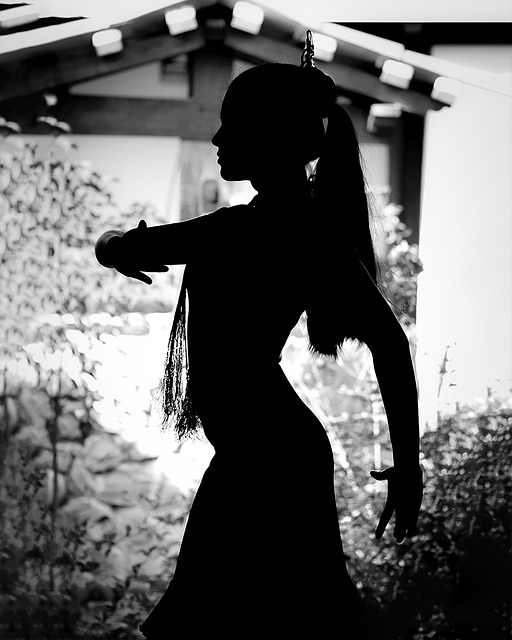It started with a guitar that didn’t sound quite right.
Too smooth. Too polite. I was in Tokyo. Or maybe Toronto. One of the T-places. Doesn’t matter. What matters is—some guy on stage said he was playing flamenco. And what came out was… something else. Something with jazz fingers. A samba rhythm. The faint scent of incense and expensive studio reverb.
It was good. Just not flamenco. Not the kind that spits when it talks.
But here’s the thing: flamenco’s been leaking across borders for decades. It’s a shape-shifter. A thief. A survivor. It blends, fuses, marries strangers in dark musical corners, then wakes up hungover in a new genre. Rumba catalana. Nuevo flamenco. Jazz-flamenco. Flamenco-rap. Flamenco-trap. Don’t laugh—flamenco metal is a thing and it’s terrifying.
Purists hate this. Of course they do. They want it preserved, bottled, archived like an endangered language. Something UNESCO can laminate. But you can’t cage something that was born dodging the law.
The Gipsy Kings kicked open the first door, like it or not. Then came Vicente Amigo with his ocean-sized reverb and Paco de Lucía jamming with Al Di Meola and John McLaughlin like some spiritual triangle of gods who weren’t afraid of speed. And Rosalía? Don’t even start. Half the flamenco world wants to canonize her, the other half wants to sue her for witchcraft.
And me? I’m somewhere in the middle. Because flamenco fusion is like setting fire to an heirloom. Dangerous, beautiful, and sometimes necessary.
I’ve seen a Senegalese kora player trade phrases with a flamenco guitarist in Granada—both of them sweating, both of them grinning like kids who just discovered electricity. I’ve watched a Korean dancer stomp bulerías in Seoul so sharp it could’ve sliced granite. There’s duende in weird places now. Tokyo basements. Montreal dive bars. A beach bar in Goa with a dancer who swore she learned tientos from YouTube and heartbreak.
The danger is dilution.
When the rage gets polished. When the sorrow becomes lounge music. When the edge gets Auto-Tuned out. That’s the moment you’ve got a problem.
But the upside? When it fuses right—when it fuses honest—it’s like hearing your ancestors whispering in a language you’ve never studied but somehow understand.
Flamenco doesn’t belong to Spain anymore. Not fully. It belongs to the wound. To anyone who’s ever loved too hard, lost too fast, or stood in a crowd screaming with their feet because their mouth had no words left.
Let it spread. Let it mutate. Just make sure, wherever it goes, it keeps a bit of the scream.

